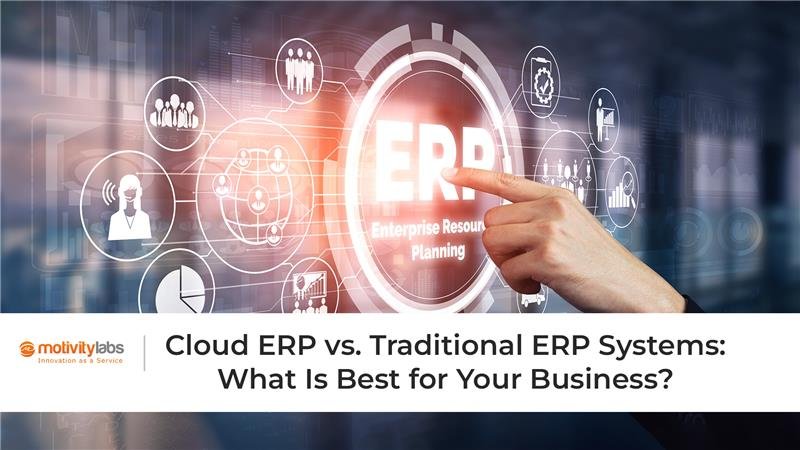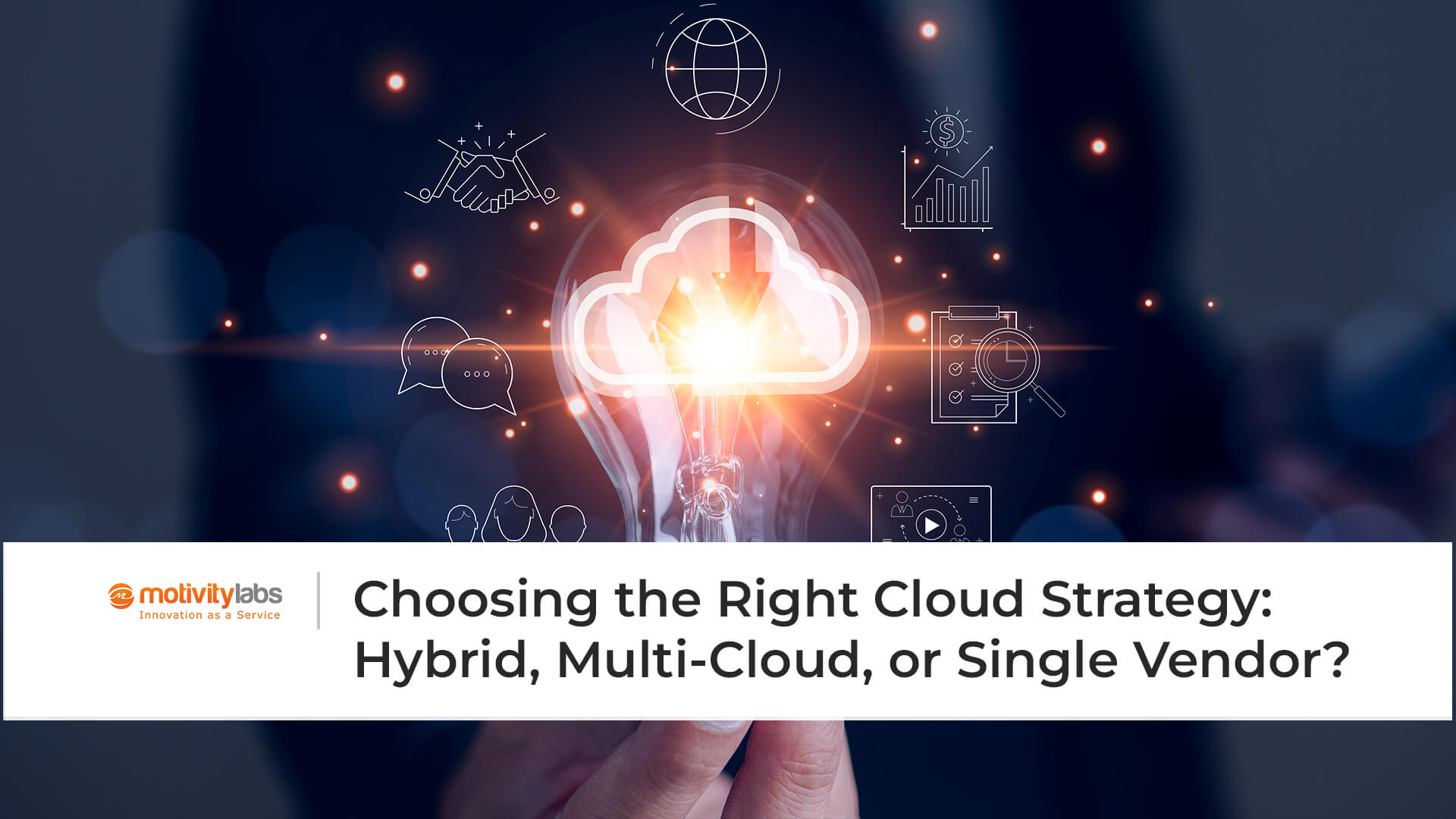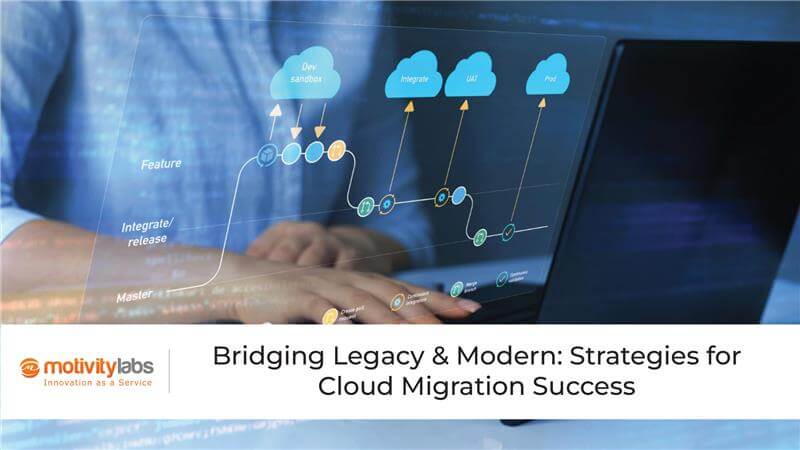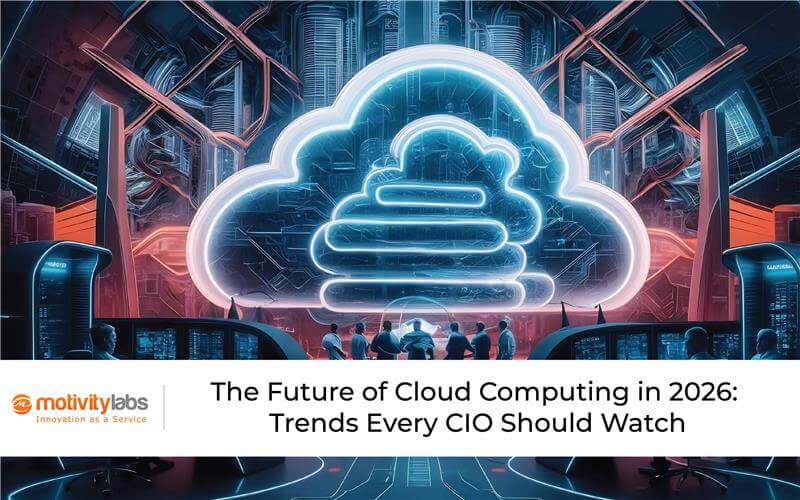Choosing a suitable Enterprise Resource Planning (ERP) system is a strategic decision. It can directly impact how efficiently your business operates and grows. ERP solutions help unify, automate, and streamline key functions. These include accounting, human resources, inventory, supply chain, and customer service. As businesses modernize, they must make a critical choice. Should they implement a traditional on-premises ERP system? Or should they move to a more flexible Cloud ERP solution?
Both ERP systems offer value, but the fit depends on your company’s needs, size, resources, and long-term goals. This guide compares Cloud ERP with traditional ERP systems, explains the key differences, and explores the benefits.
What Is Traditional ERP?
Choosing a suitable Enterprise Resource Planning (ERP) system is a strategic decision. It can directly impact how efficiently your business operates and grows. ERP solutions help unify, automate, and streamline key functions. These include accounting, human resources, inventory, supply chain, and customer service. As businesses modernize, they must make a critical choice. Should they implement a traditional on-premises ERP system? Or should they move to a more flexible Cloud ERP solution?
Both ERP systems offer value, but the fit depends on your company’s needs, size, resources, and long-term goals. This guide compares Cloud ERP with traditional ERP systems, explains the key differences, and explores the benefits.
Core Features of Traditional ERP
- On-premises deployment
- Extensive capital expenditure (CapEx)
- Custom configurations and deep integrations
- Managed and secured internally by the IT department
- Longer implementation cycles
Many large enterprises continue to rely on traditional ERP systems. These platforms support complex legacy processes and provide direct control over data. However, they have notable limitations. Scalability is restricted, remote access is challenging, and maintenance costs are high. Because of these drawbacks, many businesses are now considering alternative solutions.
What Is Cloud ERP?
Cloud ERP is a modern approach to enterprise resource planning, delivered as Software as a Service (SaaS) over the Internet. Rather than running on local servers, Cloud ERP systems are hosted and maintained by third-party vendors. Businesses pay for access on a subscription basis, typically monthly or annually.
The appeal of Cloud ERP lies in its agility. It allows companies to deploy and scale quickly without significant upfront investments in hardware or infrastructure. Updates, backups, and security patches are handled by the service provider, reducing the need for internal IT support.
Core Features of Cloud ERP
- Hosted on remote servers by a third-party vendor
- Subscription-based (OpEx model)
- Fast implementation with lower upfront costs
- Accessible from any internet-connected device
- Automatic updates and patches
- Scalable as business needs evolve
Cloud ERP is ideal for businesses that need mobility and cost-efficiency. It helps companies respond quickly to changing market conditions.
Benefits of Traditional ERP
Cloud solutions are growing in popularity across industries. Even so, traditional ERP systems offer significant advantages, especially for organizations with strict compliance requirements or legacy infrastructure. These systems have been the foundation of enterprise operations for decades. Their reliability, control, and deep customization make them a preferred choice for many established businesses. By 2025, 85% of enterprises will have adopted a cloud-first principle.
1. Complete Control Over Data and Infrastructure
Companies have complete control of their servers, databases, and security protocols. This is essential in industries where regulations require on-premises data storage and auditing capabilities.
2. Deep Customization
Traditional ERP systems offer extensive customization to fit the specific needs of your business. Organizations with non-standard workflows benefit from this flexibility.
3. Easier Integration with Legacy Systems
Traditional ERP systems often integrate more smoothly with existing software and hardware, especially in businesses using older systems.
4. Long-Term Cost Predictability
While the upfront costs are high, some businesses prefer the one-time investment over ongoing subscription fees.
Benefits of Cloud ERP
Cloud ERP continues to gain traction among businesses of all sizes due to its flexibility, cost-efficiency, and ability to support modern work environments. It enables faster decision-making through real-time data access and simplifies operations by reducing the need for complex infrastructure. As digital transformation accelerates, Cloud ERP is a pivotal driver of business agility and innovation.
1. Lower Upfront Costs
Cloud ERP eliminates the need for expensive infrastructure. Businesses only pay for what they use, making it accessible to startups and mid-sized enterprises.
2. Faster Implementation
With no hardware to install, Cloud ERP systems are quick to deploy. They can often be up and running within weeks rather than months.
3. Seamless Scalability
As your business grows, Cloud ERP systems can scale effortlessly. Whether expanding into new regions or onboarding more users, capacity can increase with minimal effort.
4. Remote Access and Mobility
Cloud ERP enables employees to access the system from laptops, tablets, or phones. This supports hybrid work models and enhances productivity.
5. Automatic Updates
Software updates are delivered in real-time. This keeps your system up to date with the latest features, performance enhancements, and security improvements.
6. Reduced IT Overhead
The vendor manages all infrastructure and system maintenance. This allows your IT team to focus on innovation and strategic initiatives.
Questions to Guide Your ERP Decision
Choosing a suitable ERP system goes beyond features and technology. It requires a clear understanding of your organization’s goals, structure, and long-term needs. To decide between traditional ERP and Cloud ERP, evaluate the following:
- What is your IT team’s capacity?
- Are your processes highly customized or standardized?
- Do you need remote access for your workforce?
- Is your company planning rapid growth?
- Are there industry-specific compliance requirements?
- What is your preferred cost structure—CapEx or OpEx?
Hybrid ERP Solutions: A Middle Ground
Some businesses use a hybrid ERP model. They maintain core, sensitive data on-premises while using cloud-based modules for customer relationship management, analytics, or finance. This approach offers a blend of control and flexibility but requires strong integration and data synchronization efforts.
Which ERP Solution Is Right for You?
There is no one-size-fits-all solution when it comes to ERP. Your decision should reflect your company’s size, industry, budget, and growth plans.
- Choose Traditional ERP if you need deep customization, operate in a highly regulated industry, or already have a strong IT team.
- Choose Cloud ERP if you value speed, flexibility, lower costs, and the ability to support a remote or distributed workforce.
Making the right ERP choice supports smoother operations, better insights, and long-term business success.
Why Work with Motivity Labs?
Navigating ERP selection and implementation can be complex. That is why it helps to partner with experienced professionals like Motivity Labs. With expertise in traditional and Cloud ERP solutions, Motivity Labs helps organizations modernize their operations, improve performance, and align technology with strategic goals.
Whether implementing a new ERP system or upgrading an existing one, Motivity Labs provides customized support throughout the process. Their team handles integration, user training, and post-deployment support to help you maximize your investment.
ERP is more than a software solution. It is the backbone of your enterprise. Trust Motivity Labs to help you build it the right way.



